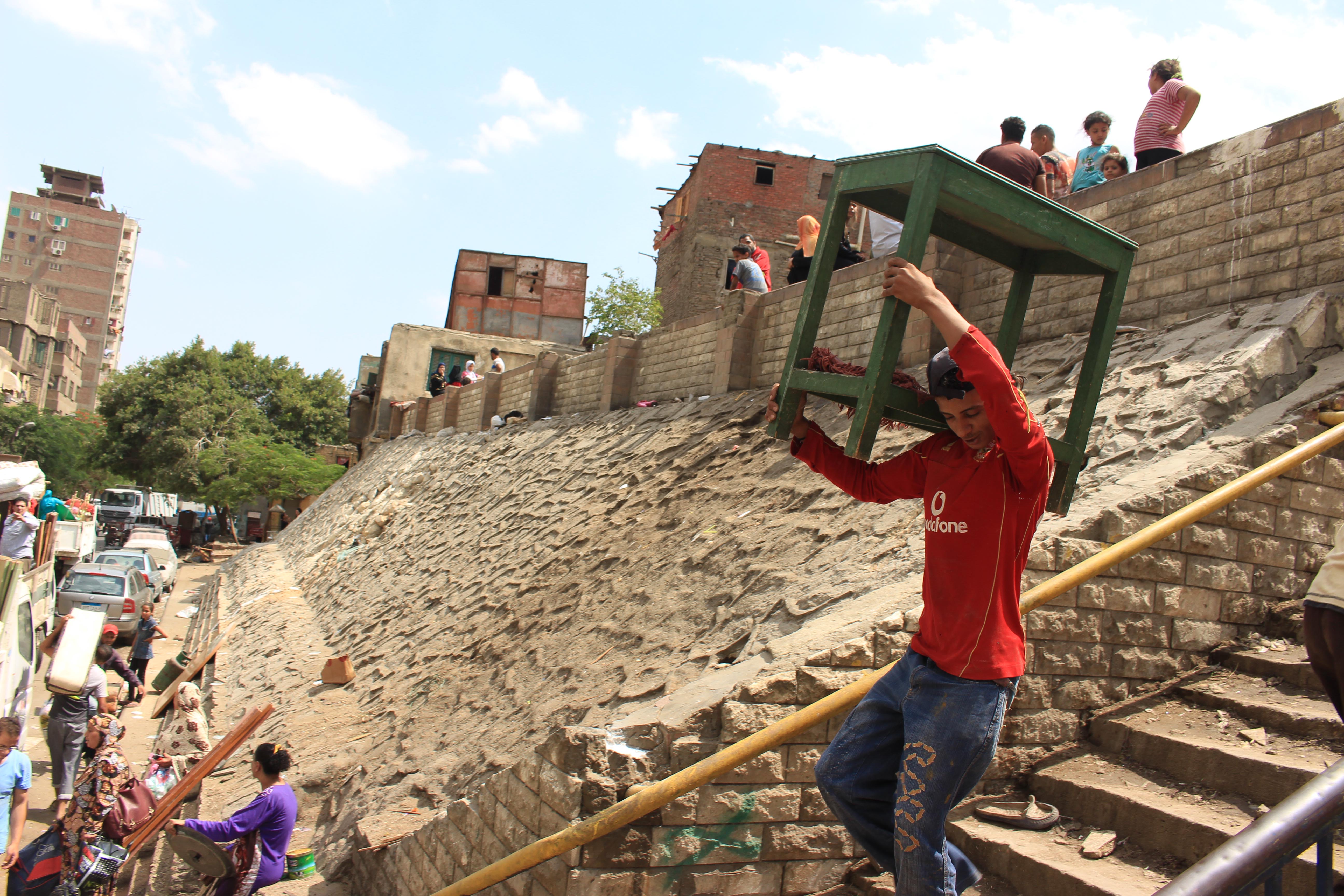JERUSALEM: Israel s mainstream theatre, the Cameri, recently staged Ghassan Kanafani s short story “Return to Haifa .
Kanafani, a prominent Palestinian writer assassinated in 1972 (most likely by the Mossad), wrote about a Palestinian couple uprooted from Haifa in 1948. Following the 1967 war, they return to their home to discover that their baby son, whom they had left behind in the haste of fleeing, was now a soldier in the Israeli army, raised by elderly Jewish Holocaust survivors. While Kanafani s original story was skeletal, contemporary Israeli playwright Boaz Gaon created a lengthy dialogue between the Arab family and the Jewish one, with each family representing its nation s narrative.
The play was both applauded and rejected for allowing the Palestinian narrative to be voiced on an Israeli stage. No doubt, for some Israelis encountering a humane portrayal of the Palestinian narrative is an unfamiliar experience. Indeed, the Palestinian voice is introduced into Israel s cultural heart and juxtaposed alongside a Jewish-Israeli narrative.
Yet the problem is that it is the Palestinian voice and the Israeli one rather than a Palestinian voice and an Israeli one. The two sides are caught up in a stifling symmetry, each side weighing its own story against the other. One family lost a child and its world in the Holocaust and the other lost the very same in the Nakba. The competition is over the extent of victimhood, the degree of being indigenous and the primordial presence of each group.
From this perspective, individuals cannot be anything but representations, repeating predicted components of each side s nationalized narrative. The Israeli version emphasizes the Jewish ancient roots in the Holy Land, the persecution of world Jewry, Israel as the only haven and the Arabs responsibility for initiating the 1948 war, who must, therefore, bear the consequences. The Palestinian version consists of the Arabs as the true people of the land, naïve victims of Zionist schemes, first maneuvered by the British and then dispossessed by Israel, a dispersed nation longing for return.
Within these overarching national narratives, people are lured into rehearsing the same slogans in a process of amplification. Although these arguments may be truthful, they are non-negotiable and mythic by character.
There could be other ways to reflect on the past. We could highlight the memories of women or men, of a middle class or a working class, of fighters or citizens in times of war, of a certain locality. We could place them side by side, in non-symmetric relations, simply for the sake of expanding our understanding.
Consider an example: Ramallah-based scholar, Salim Tamari, wrote of his hometown Jaffa. He was attracted to the past of his own family and dwelled on the memory of the town s middle-upper classes and their 1948 uprooting. In response, Andre Mazzawi, a contemporary of Jaffa, expressed his disapproval. Tamari s narrative, argued Mazzawi, overlooked the experiences of the weaker Palestinian social segments, who stayed on in Jaffa after the Nakba. Tamari admitted to the limitations of his scope and the partiality of what he called his bourgeois nostalgia . His subsequent article revealed the different strands of Jaffa s past and present, allowing for a broader understanding of the town.
Consider a similar exercise, this time from the Jewish-Israeli side. One way to approach 1948 is through the testimonies of the veterans who participated in the war. Their narratives tend to be dominated by a collectivist tone: they describe themselves as fighters wholly committed to the cause; they believe that the war was conducted morally; and they are not eager to tell their own personal battle stories. For them, the private is the public. But when their sons comment on 1948, especially after having fought in the 1973 war, some disclose a different rendering. For the sons generation, war is a traumatic experience, far from the morality expressed by their fathers; fighters are not necessarily powerful agents but victims of a system. 1948 is dyed in new colors with the change of generations.
In an era of nation states, and in the context of the entangled Palestinian-Israeli conflict, it is not surprising that narratives are constantly nationalized. Yet the two examples imply that memories of people within different social groups can offer new insights into issues such as the perspectives of various social classes and generational change. These can be first steps towards understanding an old conflict in new terms.
Efrat Ben-Ze ev,an anthropologist, holds a D. Phil from the University of Oxford and teaches at the Ruppin Academic Center, Emeq Hefer. Her forthcoming book, with Cambridge University Press, is provisionally titled Remembering Palestine in 1948: Palestinian, Israeli and British recollections. This article is part of a series on nationalism and was written for the Common Ground News Service (CGNews).
